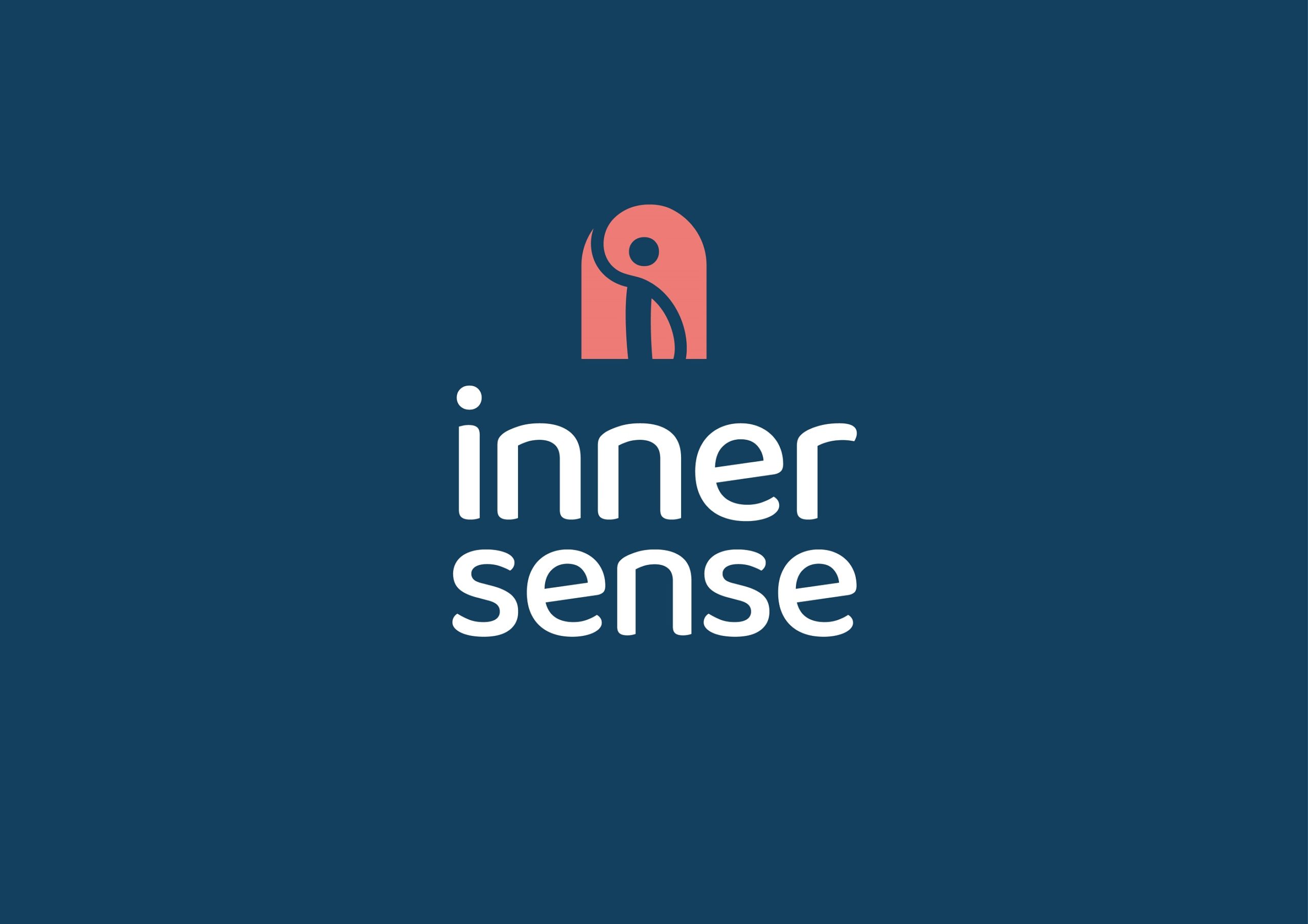
Inner Sense – Interoception
Interoception is the ability to sense changes from inside our body, for instance our heartbeat, feelings of hunger or breathing. Whether we’re excited, hungry or anxious, these sensations naturally fluctuate depending on internal and external cues, allowing us to take action based on the signals we notice.
Tuning into these body sensations can help us to figure out why we feel the way we do in any given moment. Poor inner body awareness has been linked to higher levels of anxiety and depression. On the other hand, greater inner body awareness may help us respond better to potentially stressful situations, which is associated with improved wellbeing and mental health.
Can Interoception Improve Mental Health?
Our internal sensations are made possible by electrical signals and hormones that flow between our brain and our organs and tissues. Each and every one of us experiences feelings from inside our bodies differently. Some people may misinterpret harmless body sensations as a signal of threat. This may contribute to sustained anxiety, which can be very unpleasant and even contribute to poor mental health.
By deliberately choosing to focus inside our body it is possible to learn more about ourselves. Over time, by improving our interoceptive skills we can learn to tell the difference between internal sensations and external situations which may previously have been confused. Improved interoception can give us more insight and control over how we react when we feel anxious or stressed. Interoceptive skills have long been linked with improved mental health and can be used to help manage a number of conditions, including:
- Generalised anxiety disorder
- Depression
- Chronic pain
- Post-traumatic stress disorder
Interoception and Body Budgeting
Body Budgeting is a term coined by Dr Lisa Feldman Barrett to explain a concept called allostasis. To stay alive, our bodies need to expend energy and resources. The more efficiently we can do this, the better. So, the brain anticipates your body’s needs at every moment, deciding which efforts are worth the most energy.
When the brain senses an adjustment is needed, it uses our memories and experiences to make a guess about what could fix the gap between where our energy levels are and where they should be.
During this process your body starts preparing itself for action by dialling up and down different processes such as:
- The rate at which our heart beats
- Our digestive functions
- Blood pressure
- Tension in muscles
- Even the amount of light entering your eyes can be influenced
We experience these changes as feelings inside our body and they contribute to our emotions. For instance, increased heart rate is associated with both excitement and fear.
Most of the time the preparatory changes work in our favour. Although there’re times when these changes work against us. We can misinterpret these sensations, for example when starting a new job or giving a talk in front of people, feelings of excitement or fear may overlap. Or we may have a past trauma that’s triggered by an everyday occurrence, such as entering a crowded place or taking part in sports.
Over long periods, this can create really unhelpful patterns of reaction meaning our brain becomes very inefficient and regulating our body budget. This can be exhausting and contribute to sustained stressed, which can be detrimental to our health and wellbeing.
Using interoception, we can more effectively understand the signals from our body and take appropriate action sooner. This helps our brain learn to send us the correct signals in the future. Ultimately, we’re able to positively influence how we react to certain situations and body budget more efficiently.
Can Anyone Improve Interoception?
As with our other senses, we can train ourselves to improve interoceptive awareness. Practicing simple body-focused techniques, allows us to become more in tune with how we feel and increase awareness of our bodies’ signals. Over time, this can help us learn to regulate bodily processes and change how we react to them.
How to Improve Your Interoceptive Skills – Our Study with Anglia Ruskin University
In 2021 we collaborated with Anglia Ruskin University (ARU) on a ground-breaking new study into interoception. With the help of ARU’s Dr Jane Aspell, we developed a web-based training programme for improving internal body awareness.
The programme provides people with affordable and easy-to-access resources for improving wellbeing, both in the UK and across the globe. As COVID-19 continues to restrict where and when we can see each other, this accessibility is now more important than ever.
The eight-part training programme covers topics such as:
- How internal sensations arise
- Distinguishing between thoughts and feelings
- Reflecting upon and re-evaluating the meaning of experiences
- Guidance on building healthier habits
Every session includes exercises for participants to practice new ways of being aware of their body.
The results of the pilot study were very encouraging. On average, participants showed improvements in interoceptive awareness and wellbeing at the end of the 8-week programme. The changes were statistically significant with medium or strong effect sizes (p<0.001). We are currently seeking funding for a larger-scale study, that includes controls groups.
Meet the Team at Anglia Ruskin University
We’re incredibly lucky to have developed the Inner Sense project with a fantastic team at ARU.
Dr Jane Aspell, Academic Consultant

Jane is a cognitive neuroscientist, with a research focus on the multi-sensory bodily basis for self-consciousness. Jane’s research also involves studying interactions between interoception and body image, autism and empathy. For the Inner Sense project, Jane provided consultation on the design of the online programme and how it may be used to study the role of interoception in wellbeing.
Paige Leggett, Research Assistant

Paige is an MSc Psychology (ARU) graduate, with experience in health care and mental health. Paige has worked on projects involving health psychology, stress and mental health. For the Inner Sense project, Paige’s role was to help refine the training programme and design ways to measure its effectiveness.
Get Involved…
If you’d like to help us improve the online training programme whilst developing your own inner body awareness, please leave your details in the box below. If you have any questions or would like to register your interest by email instead please contact: hello@yourinnersense.co.uk



